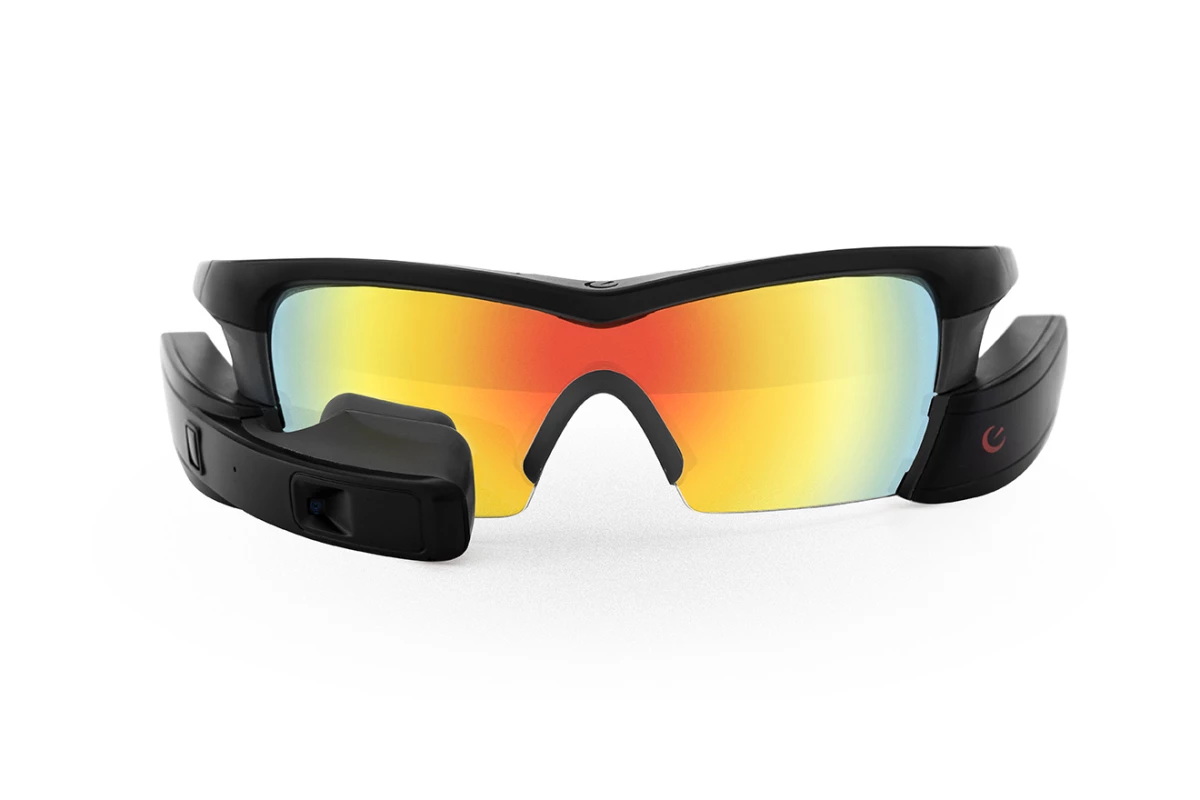Intel, long the driving force of what we'd traditionally consider a computer, has made no secret of its aspirations in the wearable technology space. Its latest move to carve out a foothold across this area comes with the acquisition of Canadian smart eyewear-maker Recon Instruments, which it says will help them develop new and improved head-mounted displays.
Recon has been a player in the wearable technology space since 2010, when it debuted a set of ski goggles that displayed information like location and speed through an integrated micro-LCD display as users tore down the slopes. In the years since, it has toiled away refining the technology and design, culminating in the latest version that adds modern day connectivity through social networks. It also introduced a version for less extreme sports called Recon Jet, along with a number off apps that further boost connectivity and track performance.
Intel first showed an interest in Recon when it invested in the company in 2013. In making the announcement this week, it says it is now bringing in-house a talented and experienced wearable computing team that will better equip them to "expand the market for head mounted display products and technologies."
Intel says that Recon will continue making and selling products under the same branding, but that its team will now also work with Intel's New Devices Group to build new smart devices for a wider range of customers.
In the last little while, Intel has looked to muscle in on the emerging wearable computing/internet of things market with a number of collaborations and concepts. This has included buying fitness tracking company Basis (makers of the Peak), a wacky wireless charging bowl, teaming up with Google and Tag Heuer for an Android Wear-powered smartwatch and partnering with esteemed fashion retailer Opening Ceremony to develop a gem-encrusted smart bracelet.
Whether Intel will look to use Recon's expertise to usher in advanced heads up displays for the sports industry, harness it for other wearable ambitions or a combination of both isn't yet entirely clear. But reading into the diversity of its investment in the area recently, it certainly seems intent on planting its fingers in many pies.
Source: Intel




